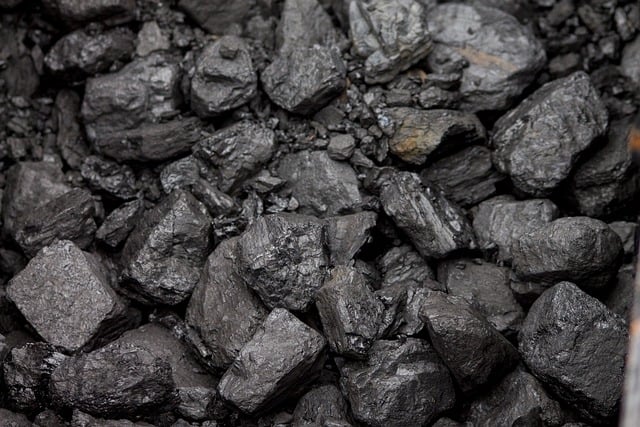Listen&Learn: Fossil fuels
Posted by: Jaksyn PeacockPre-listening vocabulary
- fossil: the ancient remains of an animal or plant
- organism: a living thing
- geologist: someone who studies the history and materials of the Earth
- compress: to pack something into a small space
- deposit: a layer of material in the ground
- marine life: plants or animals that live in the water
- atmosphere: the gases that surround the Earth
Listening activity
Podcast: Play in new window | Download (Duration: 1:29 — 1.4MB)
Subscribe: Apple Podcasts | Google Podcasts | RSS | More
Gapfill exercise
Comprehension questions
See answers below
- The plants and animals that became today’s fossil fuels lived during the
a. Cambrian Period
b. Carboniferous Period
c. Permian Period - Coal comes from
a. trees and ferns
b. algae and plankton
c. dinosaurs - The molecules in fossil fuels are called
a. hydrocarbons
b. carbohydrates
c. hydroxides
Discussion/essay questions
- People use fossil fuels every day to power their cars and heat their houses. Do you think we will find a way to rely on fossil fuels less in the near future? Why or why not?
Transcript
Energy sources such as coal, oil, and natural gas are called fossil fuels because they come from ancient plants and animals. The organisms that became our fossil fuels lived around 300 million years ago, during a time that geologists call the Carboniferous Period. After these plants and animals died, they were slowly buried and compressed. Trees and ferns from ancient forests hardened into coal deposits. Oil and natural gas come from small marine life, such as algae and plankton. Fossil fuels are made up of molecules called hydrocarbons, which store energy in their chemical bonds. When humans burn fuels to power cars and provide electricity, the carbon is released into the air. This causes the Earth’s atmosphere to trap heat, leading to higher global temperatures.
Answers to comprehension questions
1b 2a 3a
Search for more Listen&Learn stories:
